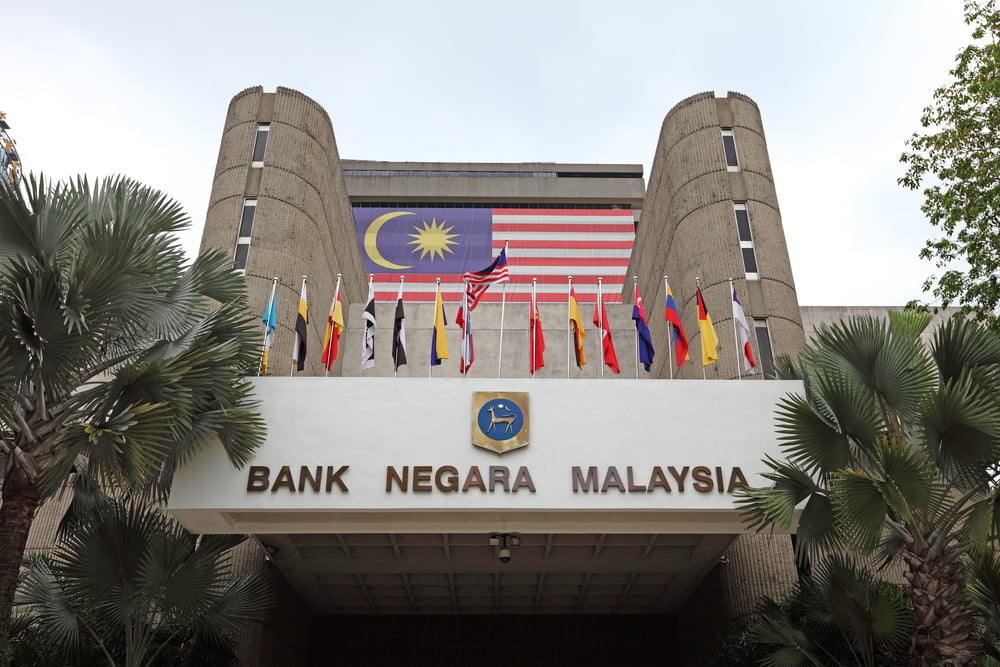Governments around the world are actively looking for ways to regulate Bitcoin and other cryptocurrencies. That is much easier said than done, as there is no real way to control Bitcoin and altcoins. Governments do not control the issuance, creation, or flow of money in this industry. Over in Malaysia, we may see a firm form of cryptocurrency regulation in place as early as next year. It is unclear what exactly that will entail, though.
Malaysia Prepares for Active Cryptocurrency Regulation
It was to be expected that Bank Negara Malaysia would introduce cryptocurrency regulation. After all, the institution has been actively discussing this topic for quite some time now. It was expected it would introduce regulation this year, but this time frame has been pushed back to early 2018. That can only be considered a good thing, mind you, as we need governments to take their time before making any decisions when it comes to cryptocurrencies.
A representative of Bank Negara Malaysia has indicated this regulation will go into effect very soon. It appears people who convert cryptocurrency into fiat currencies will be considered reporting institutions. This means these individuals will be subject to the country’s Anti-Money Laundering, Anti-Terrorism Financing, and Proceeds of Unlawful Activities Act of 2001. It is quite the mouthful, but it basically means that converting Bitcoin or altcoins to fiat will put individuals and companies on par with regular banks.
This doesn’t mean cryptocurrencies are suddenly considered legal tender in Malaysia, though. Anyone using crypto will need to adhere to the strict guidelines affecting banks and other financial institutions. This should help prevent criminals from abusing the cryptocurrency ecosystem and deter people from committing unlawful activities involving Bitcoin. Furthermore, it protects the stability and integrity of Malaysia’s financial system as we know it today. That’s an ambitious goal, to say the very least.
It is certainly true that Bank Negara Malaysia believes the era of cryptocurrencies has arrived. That in itself is a positive sign, as they will bring a lot of innovation to the financial sector as a whole. Ignoring this new wave of innovative technology in the financial sector would be a grave mistake. It is good to see the Malaysian government keeping a somewhat open mind to this particular form of money. Whether or not its regulatory framework will please local exchanges remains to be seen, though.
So far, there is still no evidence of Bitcoin or other cryptocurrencies playing a role of importance when it comes to financing terrorism. While a total of 346 suspicious transaction reports have been reported throughout 2017 so far, none of them appear related to cryptocurrency in any capacity. This shouldn’t really surprise anyone at this point, though, as Bitcoin is far too transparent when it comes to financing illegal activities. The currencies which do hide all traces can’t be effectively tracked either.
It will be interesting to see if other countries follow Malaysia’s example in the coming years. Regulating cryptocurrency is, by default, impossible. All that can be regulated are the companies and service providers facilitating conversion services to and from fiat currency. This new framework will apply to them first and foremost, with most regular consumers remaining safe from harm in this regard. An interesting future awaits Bitcoin in Malaysia; that much is evident.

